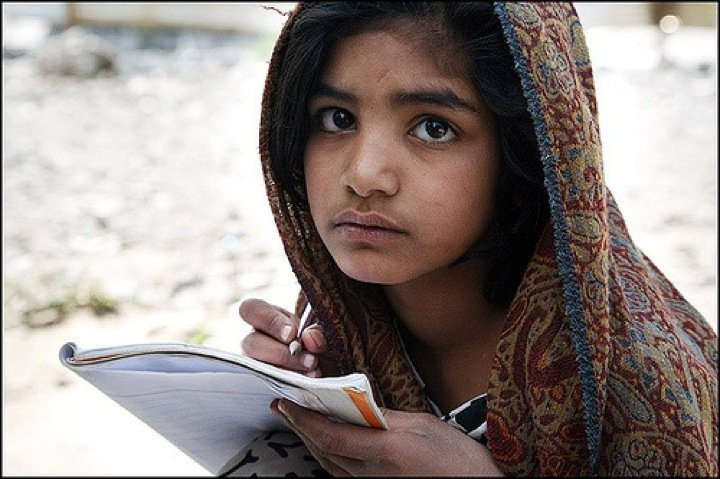“Give education in Pakistan higher priority”
February 12th, 2019 Education should be a policy priority for Pakistan ,writes Sarmad Shahbaz Bhutta, a 20-year-old Commonwealth Correspondent from Pakistan who argus that the charity sector has been filling the gap in the sector.
Education should be a policy priority for Pakistan ,writes Sarmad Shahbaz Bhutta, a 20-year-old Commonwealth Correspondent from Pakistan who argus that the charity sector has been filling the gap in the sector.
Education is the most fundamental thing for a human being. Whether a boy or a girl, education is mandatory and equally important for everyone regardless of any sexual orientation, caste, creed or colour. Education gives us a knowledge of the world around us and changes it into something better. It develops in us a perspective of life. It helps us build our points of view on things in life.
Pakistan is a country where 55 to 60 percent of the population is literate. With more than 22.6 million children still out of schools, the education system in Pakistan is failing badly.UNESCO´s latest published figures suggest that Pakistan has the second highest number of out of school children globally, after Nigeria.
The delivery of education services in Pakistan is severely impacted by economic, political and security challenges that the country has been facing for some years. The 18th Amendment to the Constitution of Pakistan, approved in 2010, made education a federal responsibility.According to United Institute for Statistics data, between 2008 and 2017, Pakistan spent roughly 2.2 and 2.7% of GDP on education.
There is however always a bright side of to this situation.Civil society organizations are running charity schools for children from poor households who are not able to read and write,. This is filling an important gap and giving the children hope of a better future. These organizations are also developing greater awareness of the need for education among Pakistanis and the education of girls is becoming more common.
Pakistan is continuing to work to achieve the goals outlined in its Vision 2025 and the UN SDGs 2030 agenda for sustainable development, which has a dedicated Sustainable Development Goal for education ( Goal # 04 Quality Education), The point to ponder now is whether the government in Pakistan will prioritize education, as the country’s education system cannot be run by charity foundations alone.For Pakistan, education is not simply a priority but it is a policy imperative.
Photo Credit:Srizki via Flickr (license)
…………………………………………………………………………………………………………………
About me: Sarmad Shahbaz Bhutta, 20, an award-winning young leader is a Commonwealth Correspondent from Pakistan who writes on the important topic: the Sustainable Development Goals. Sarmad is currently working as a campaigner of SDGs in Pakistan, doing promotion and spreading awareness while partnering with many national and international organizations
…………………………………………………………………………………………………………………
Opinions expressed in this article are those of the author and do not necessarily represent the views of the Commonwealth Youth Programme. Articles are published in a spirit of dialogue, respect, and understanding. If you disagree, why not submit a response?
To learn more about becoming a Commonwealth Correspondent please visit: http://www.yourcommonwealth.org/submit-articles/






